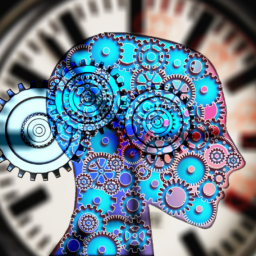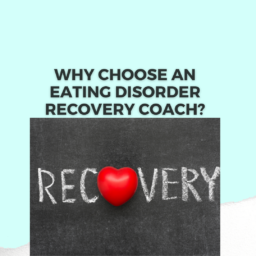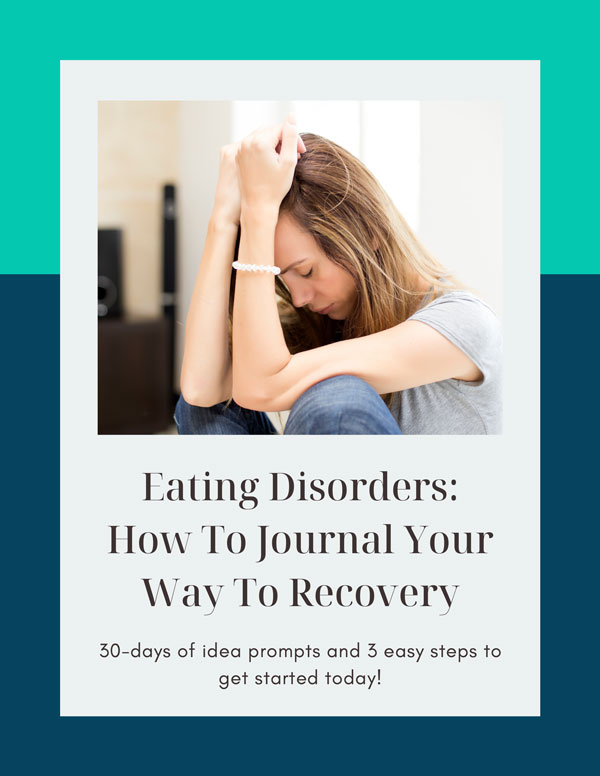
Hunger is a fundamental aspect of human experience, but it manifests in different forms. While physical hunger is driven by the body’s physiological needs for nourishment and energy, emotional hunger stems from complex emotional states and psychological factors. Understanding the distinctions between emotional hunger and physical hunger is essential for developing a healthy relationship with food and promoting overall well-being. By recognizing the unique characteristics of each type of hunger and learning to distinguish between them, individuals can make more conscious and mindful choices about their eating habits, effectively addressing their nutritional needs while also addressing emotional well-being.
Physical Hunger
Physical hunger refers to the biological and physiological need for nourishment and sustenance in the human body. It is a natural response to the body’s energy requirements and is driven by factors such as decreasing blood sugar levels, an empty stomach, or the body’s need for essential nutrients. Physical hunger is typically accompanied by physical sensations, such as stomach growling, a feeling of emptiness in the stomach, or low energy levels. It is regulated by the body’s internal cues, including hormonal signals and the brain’s hunger and satiety mechanisms. Satisfying physical hunger involves consuming a balanced meal that provides the necessary nutrients to meet the body’s energy needs and restore a sense of satisfaction and fullness.
Signs of Physical Hunger
- Sensations: Physical hunger typically arises gradually and is accompanied by physical sensations such as stomach growling, a feeling of emptiness in the stomach, or low energy levels.
- Time Intervals: Physical hunger occurs at regular intervals, typically every few hours, depending on an individual’s metabolism and eating patterns.
- Specific Food Cravings: When physically hungry, people are generally open to various food options and are satisfied with a balanced meal that provides necessary nutrients.
Emotional Hunger
Emotional hunger refers to the desire to eat or consume food as a response to emotional states or psychological needs, rather than genuine physical hunger. It is driven by emotional triggers such as stress, boredom, loneliness, sadness, or anxiety. Emotional hunger often arises suddenly and can feel intense and urgent. Unlike physical hunger, which is primarily driven by physiological cues, emotional hunger is tied to the mind-body connection and the emotional relationship individuals have with food. People experiencing emotional hunger may seek out specific comfort foods that are typically high in sugar, fat, or salt. However, emotional hunger is unlikely to be satisfied by eating alone, as it does not address the underlying emotional needs. Recognizing and addressing emotional hunger involves developing self-awareness, practicing mindful eating, and finding alternative strategies to cope with emotional distress that do not rely solely on food.
Signs of Emotional Hunger
- Sudden Onset: Emotional hunger can arise suddenly, triggered by emotional states such as stress, boredom, loneliness, or sadness. It may feel urgent and intense.
- Emotional Triggers: Emotional hunger is often prompted by non-physiological factors rather than actual nutritional needs. Emotional eaters may turn to food as a way to cope with or distract themselves from emotional distress.
- Specific Cravings: When emotionally hungry, individuals tend to have specific cravings for certain types of food, often seeking comfort foods that are typically high in sugar, fat, or salt.
Seeking Help When Needed
Differentiating between emotional and physical hunger can be challenging at times, as emotional hunger can feel very real and compelling. It is important to cultivate self-awareness and mindfulness to recognize the true nature of hunger and respond accordingly. Engaging in alternative coping strategies like talking to a friend, practicing relaxation techniques, or engaging in activities that bring joy can help address emotional needs without relying solely on food. Meredith O’Brien and her affiliates pride themselves on fostering a safe and nurturing environment for their clients. Each having their own area of expertise, the Licensed Clinical Social Workers (LCSW) and Licensed Professional Counselors (LPC) at Meredith O’Brien & Affiliates are well equipped to deal with a wide variety of mental health struggles. Through both in person counseling in Red Bank, New Jersey and telehealth therapy sessions, the clinicians at Meredith O’Brien & Affiliates wish to help all New Jersey residents gain access to quality mental health care. For more information, or to book an appointment, visit our website.










